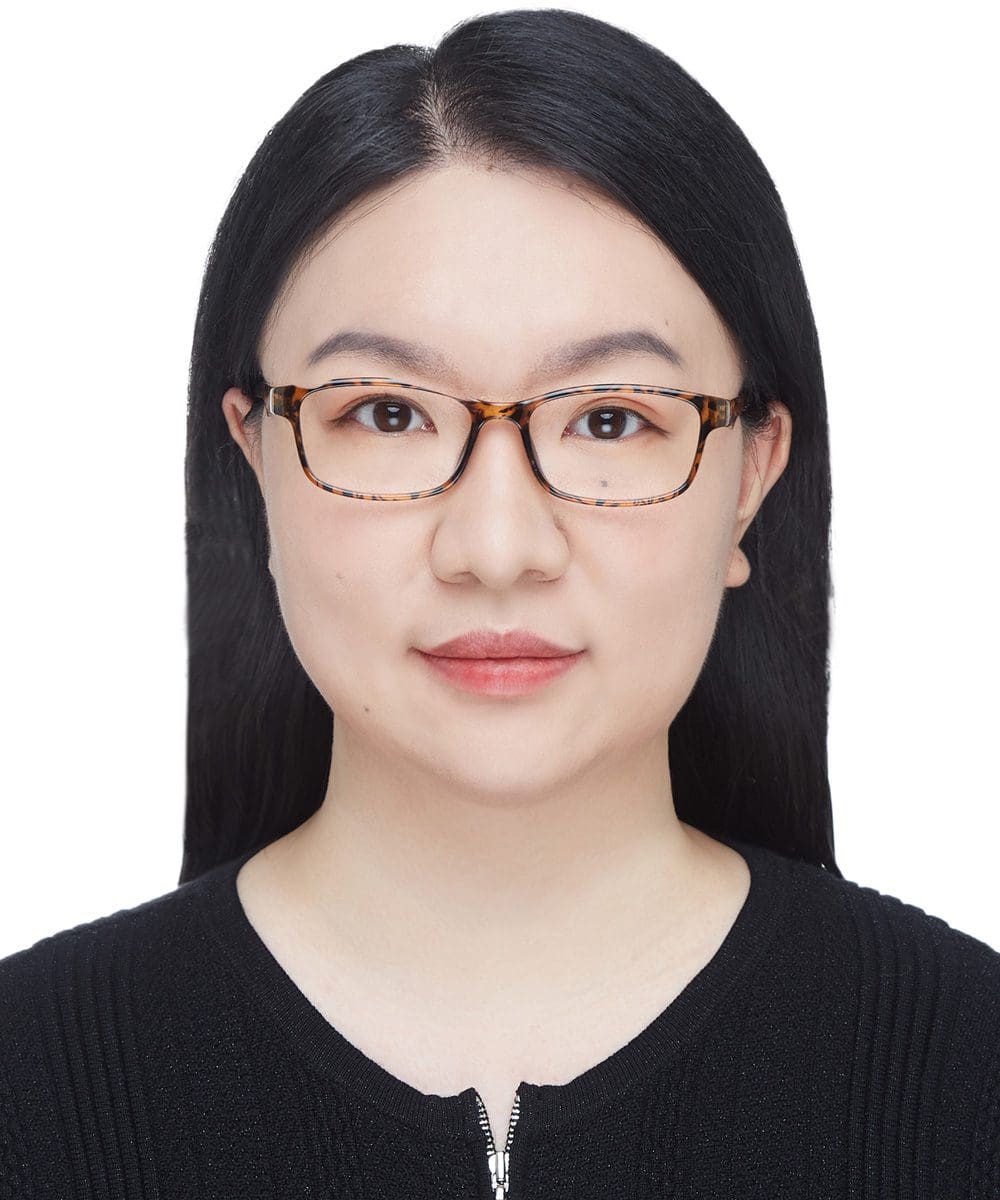Dr. Sha Wei knows from her decades of experience in the IT field, that artificial intelligence (AI) has the power to positively change lives—from helping doctors make the right medical decisions to save someone’s life, to designing fair loan-repayment terms. She’s also seen mistakes AI has made that have posed risks to the society and humanity, including autonomous vehicle failure that resulted car accidents and image recognition that may have caused racial discrimination.
As the Deputy Chief Engineer of Informatization and Industrialization Integration Research Institute at China Academy of Information and Communication Technology (CAICT), Sha has devoted her professional expertise and volunteer efforts with IEEE Standards Association (IEEE SA) to providing more transparency in an effort to increase the number of positive impacts of AI while helping reduce negative effects.
At work, she focuses on standardization and strategy analysis of smart manufacturing, digital twin, and artificial intelligence, which bridges with her volunteer experience at IEEE SA. She has chaired several IEEE Standards Working Groups and served different managerial roles. For example, as the Chair of the IEEE P2807™ Framework for Knowledge Graphs Working Group, Sha and other volunteers are working to develop a framework of knowledge graphs that improve transparency and interoperability of AI technologies and other digital infrastructure.
“With the establishment of the knowledge graphs framework, different stakeholders could develop their own software or platforms for various verticals while maintaining interoperability with others, and ultimately make the AI system more interpretable in all fields,” says Sha.
An Efficient Standards Development Process at IEEE SA
Sha became involved with IEEE SA at the beginning of her career, when she joined the IEEE 802.11™ Wireless LAN Working Group. She learned of IEEE while she was studying at university, through the organization’s publications and conferences. As she followed IEEE’s news and updates, she became impressed with the development of standards, especially the IEEE 802® standards family.
After working in her full-time job to transform smart manufacturing in China, she wanted to focus on her IEEE efforts in this area. She coordinated four Working Groups at IEEE SA, and then chaired the IEEE SA Smart Manufacturing Standards Committee in 2019. Governed by this Standards Committee, Sha and other volunteers are working on a variety of standards projects that address the agility, efficiency, safety, security, and sustainability of smart manufacturing and AI.
Through years of involvement, Sha has remained impressed by high efficiency in the development and adoption of IEEE standards. “If we had a standardization requirement ready, it would only need several months to have a PAR [Project Authorization Request] approved,” says Sha. “With other organizations, it could take more than a year to get a project approved.” Given the rapid development of information and communication technology (ICT) technology in the field of smart manufacturing, a standard “would be outdated after it was finally published” if the process was lengthy.
How Diversity and Inclusiveness Improves Technology Standards
In Sha’s opinion, standardization is an art of coming to a consensus with different stakeholders, and that having diverse experts from different academic, industrial, and government backgrounds, as well as different regions, is critical for hearing different voices and concerns about the standards.
“Smart manufacturing is becoming a global trend. We need to reach a consensus with experts and corporate members all around the world, in areas like interconnection, semantic interoperability, IT security, and so on, to develop standards that can be applied worldwide,” says Sha. “IEEE SA provides such a platform, with experts from both ICT and OT backgrounds, as well as regional diversity.”
Through her work with IEEE SA, she’s seen how understanding specific objections from different perspectives helps create a broadly adopted standard. When a standard is agreed to by experts from different backgrounds, “the standard will be more easily accepted by more people in the industry and ecosystem,” resulting in the standard having a wider, more meaningful impact on people’s lives.
Make Your Mark at IEEE SA
Sha has also seen how decades of involvement with IEEE SA has helped her personally and professionally. She has learned the importance of smart manufacturing and how technologies such as smart logistics, digital twins, and industrial big data play a key role in her daily work.
“My experiences in IEEE SA have undoubtedly cultivated my understanding of how standardization works. The professionalism of all the experts has helped me to understand and establish an ecosystem of standards, rather than just a text document. I also adopt the meeting rules of IEEE SA back in national standard study and other meetings, which makes it much easier to focus on objectives and come to a consensus.”
Sha also encourages other professionals who want to make a difference to volunteer with IEEE SA.
“If you have a chance to get involved in IEEE SA, don’t hesitate to get deeply into as many activities as possible,” says Sha. “It will certainly be a fantastic experience for your career. Learning from the governance approach will help not only the standardization activities, but other aspects of your career as well.”
Over the years, IEEE SA has grown beyond standards development to encompass a full technology development lifecycle, from pre-standardization to market adoption and use. We drive a wide range of activities empowering the world’s innovators to shape and improve technology. Individuals and organizations around the world are invited to join us in raising the world’s technology standards for the benefit of humanity.
About Dr. Sha Wei
Dr. Sha Wei is the Deputy Chief Engineer of Informatization and Industrialization Integration Research Institute in China Academy of Information and Communication Technology (CAICT). She is dedicated to standardization and strategy analysis of Smart Manufacturing, Digital Twin and Artificial Intelligence. At IEEE SA, she serves as the vice chair (M’21) and member (M’19-M’20) of NesCom, members of SASB (M’19-M’21), member of ProCom (M’21) and CAG (M’18). She is the Chair of IEEE/C/Smart Manufacturing Standard Committee, and members of IEC/SyC Smart Manufacturing and ISO/IEC JWG21 Smart manufacturing reference model, respectively. She is the convenors of ISO/IEC JTC1/SC41/WG6 Digital Twin and former AG11 Digital Twin. She is also the former Chair of IEEE P2807 Knowledge Graph working group and committee members of ISO/IEC JTC1 SC42 Artificial Intelligence.










Thanks for sharing this useful information about this blog. Your article helps people to understand the notification system.